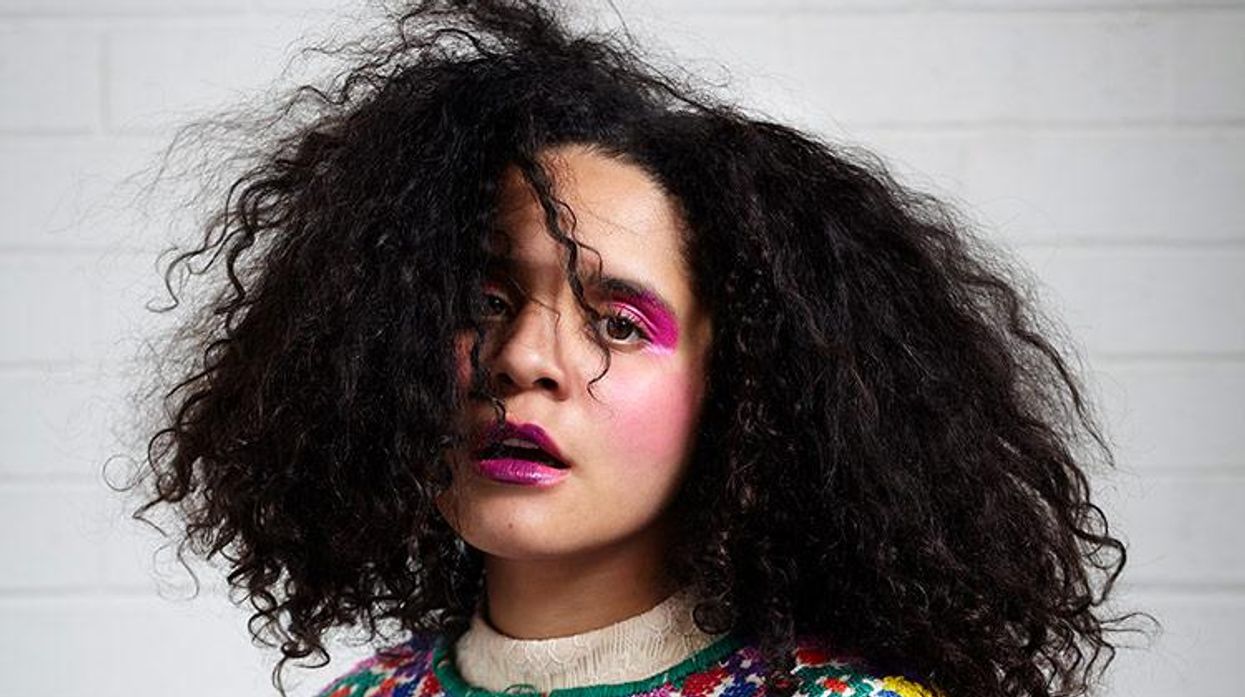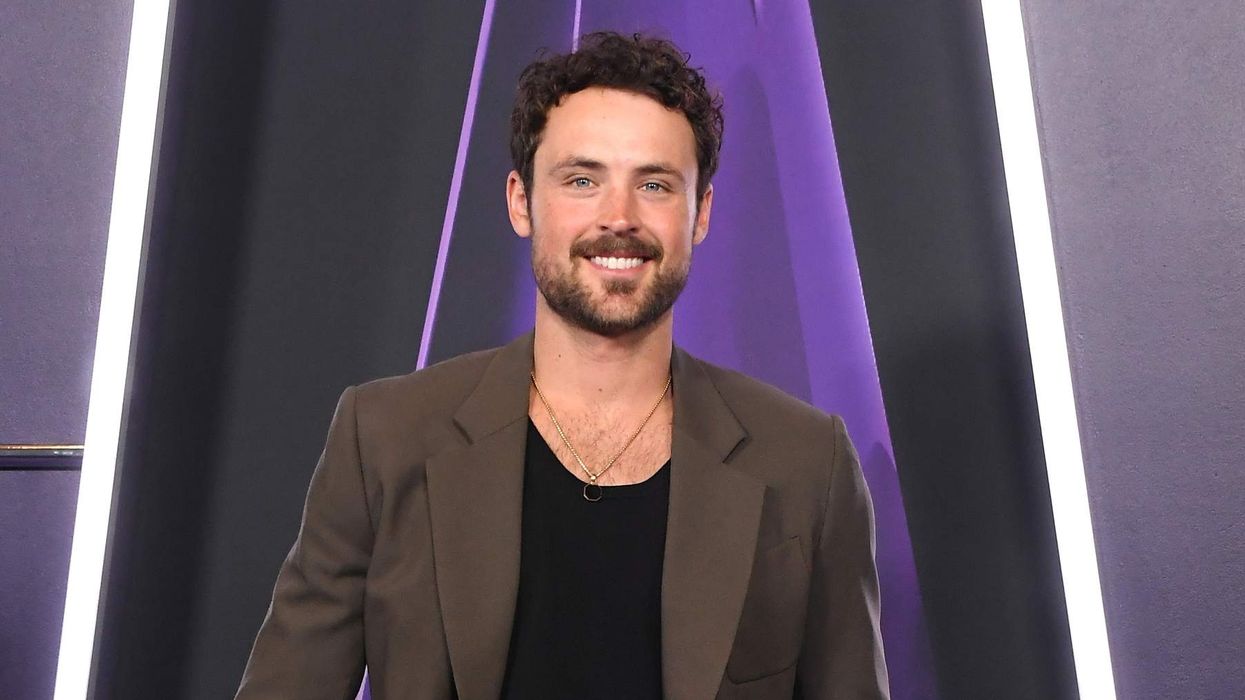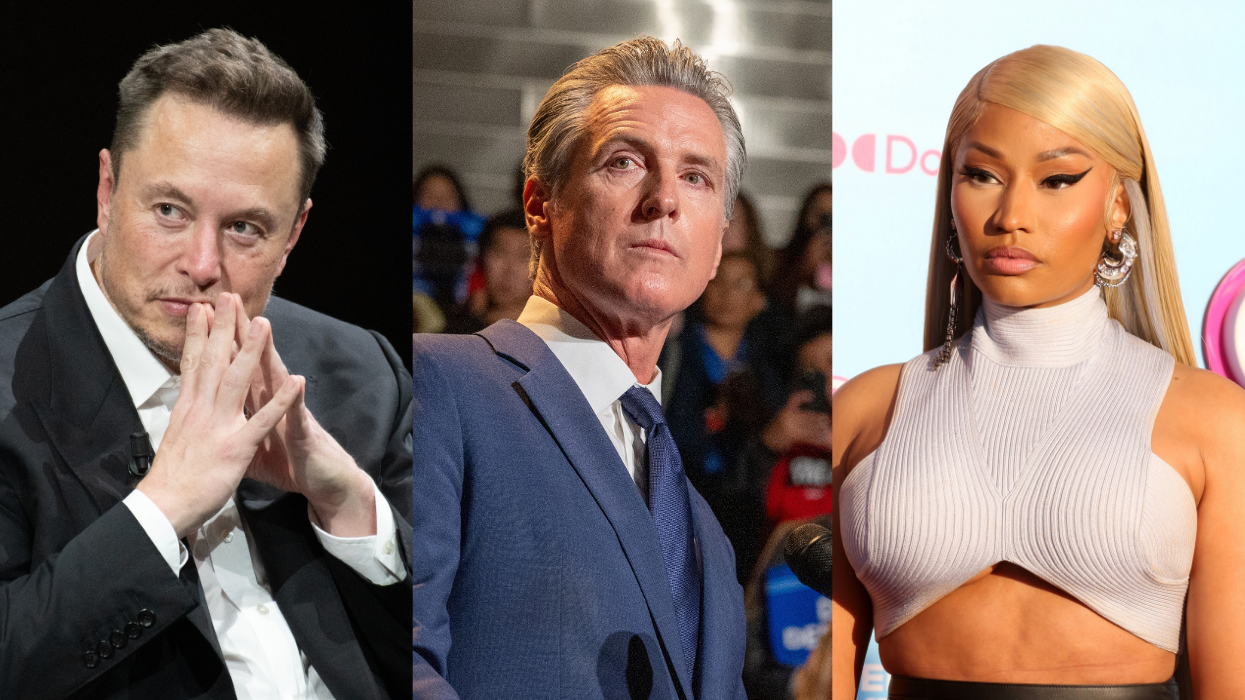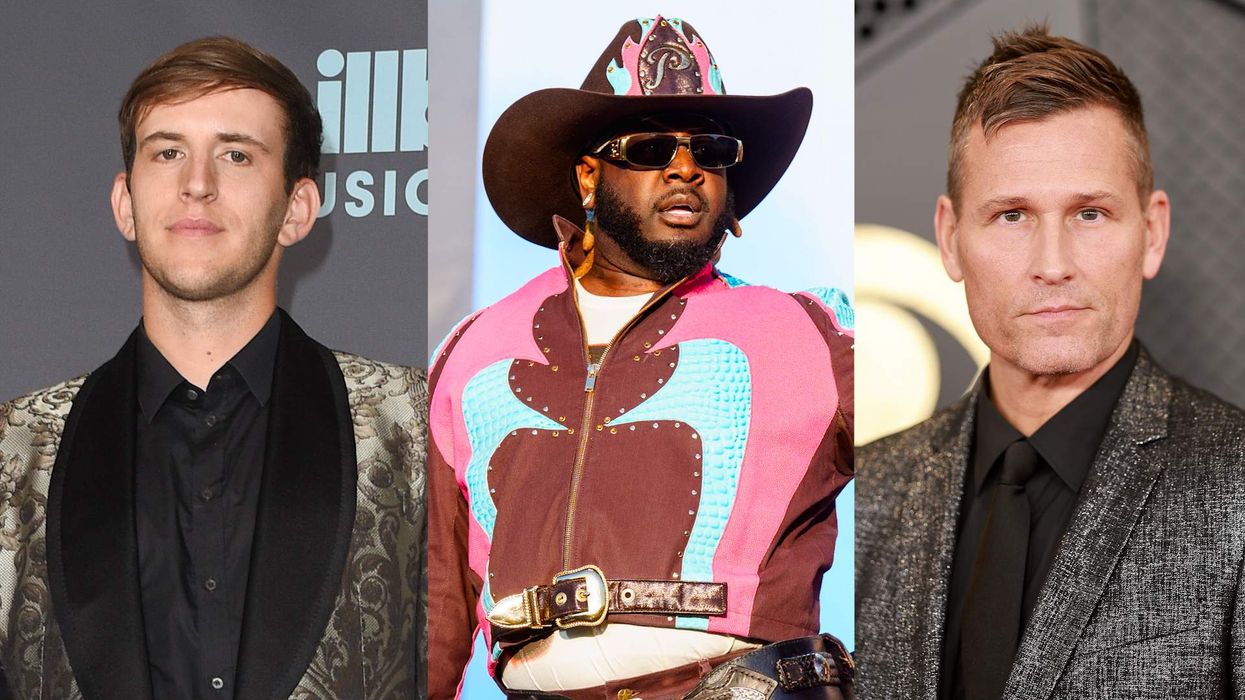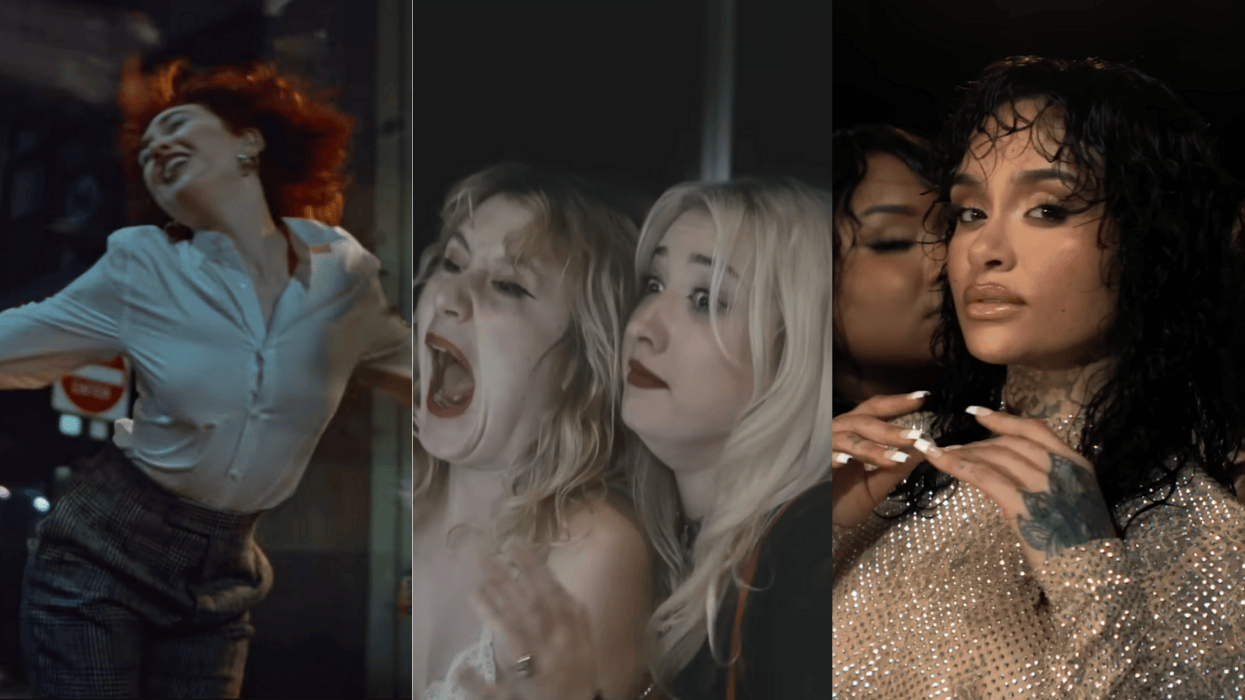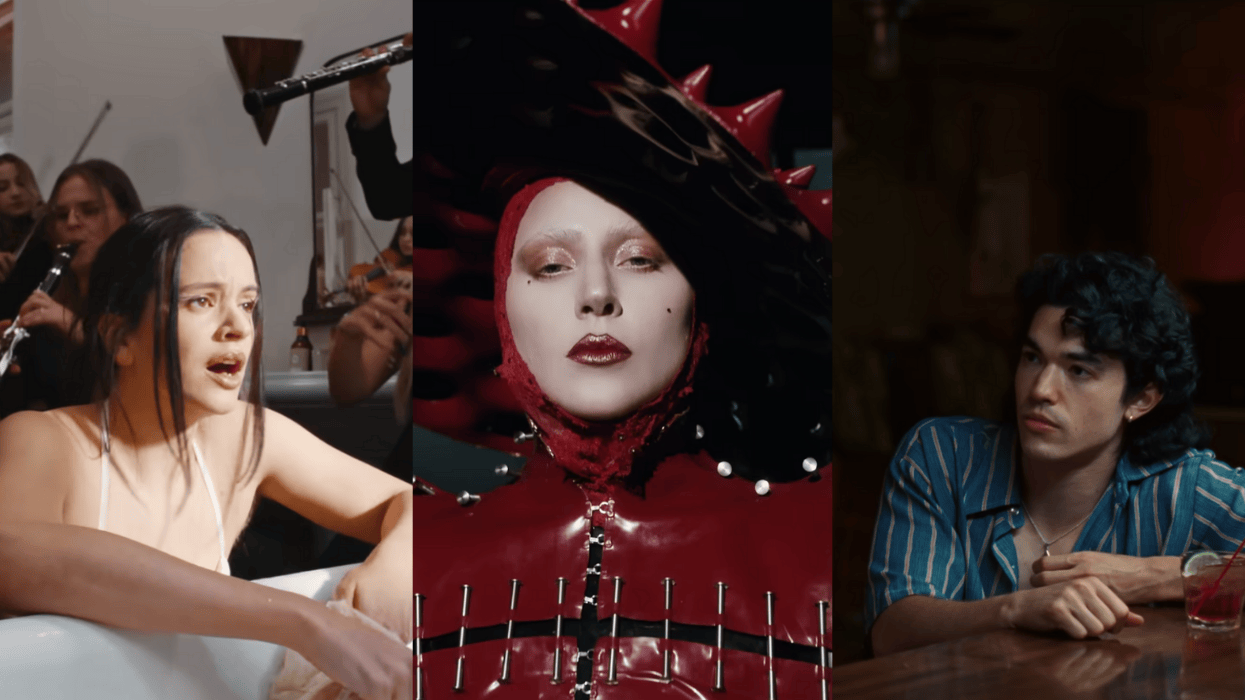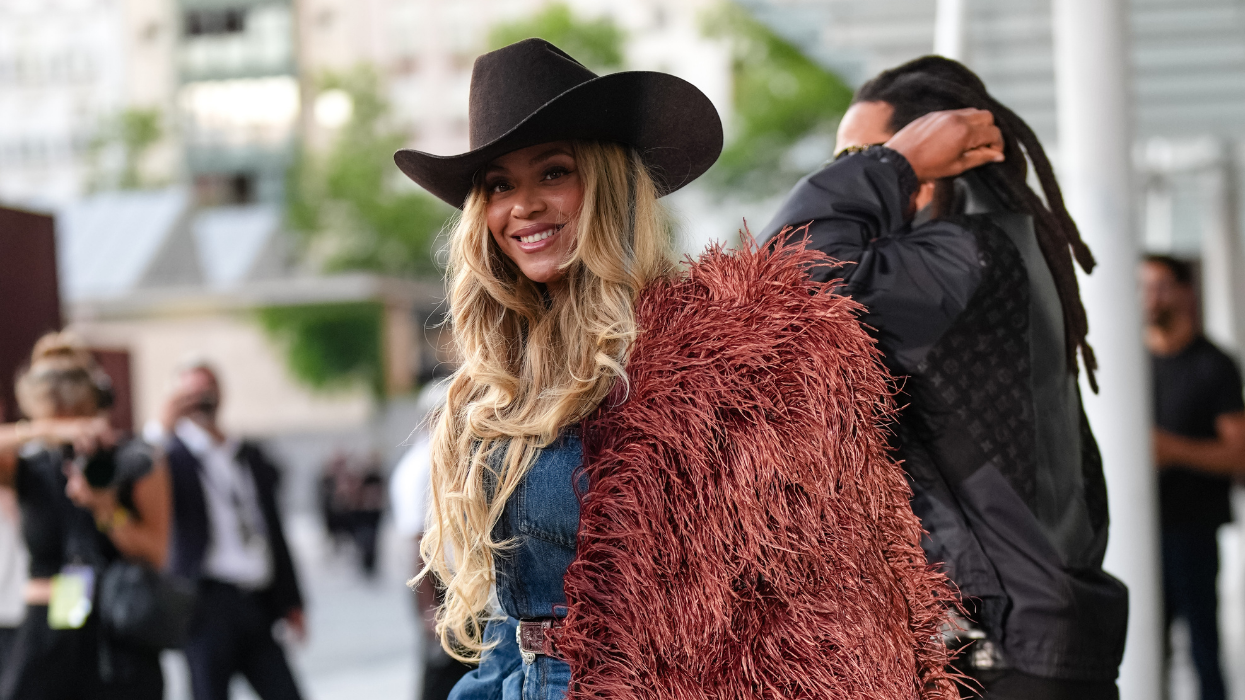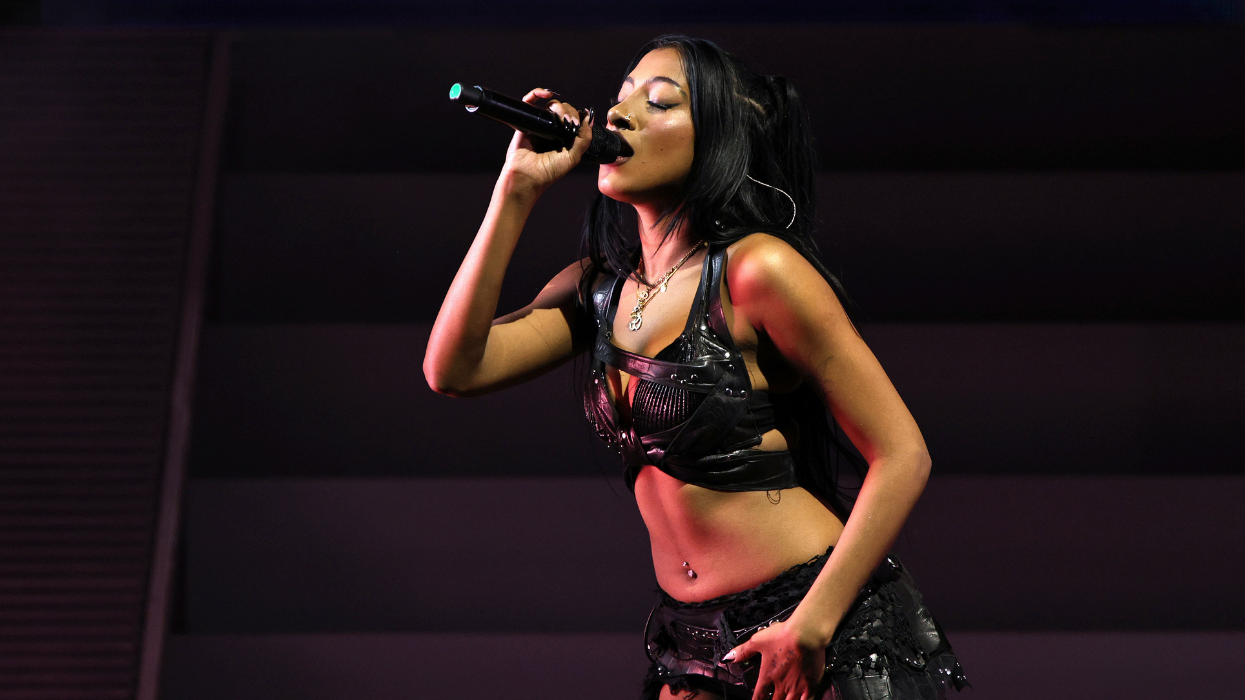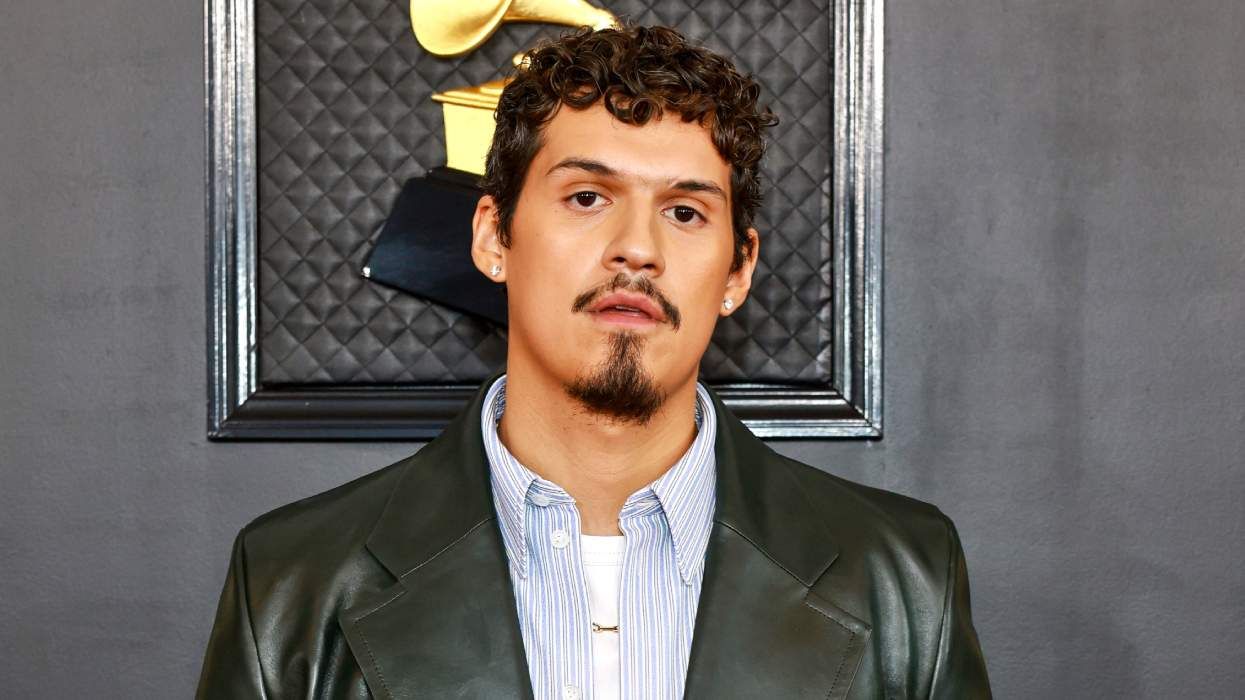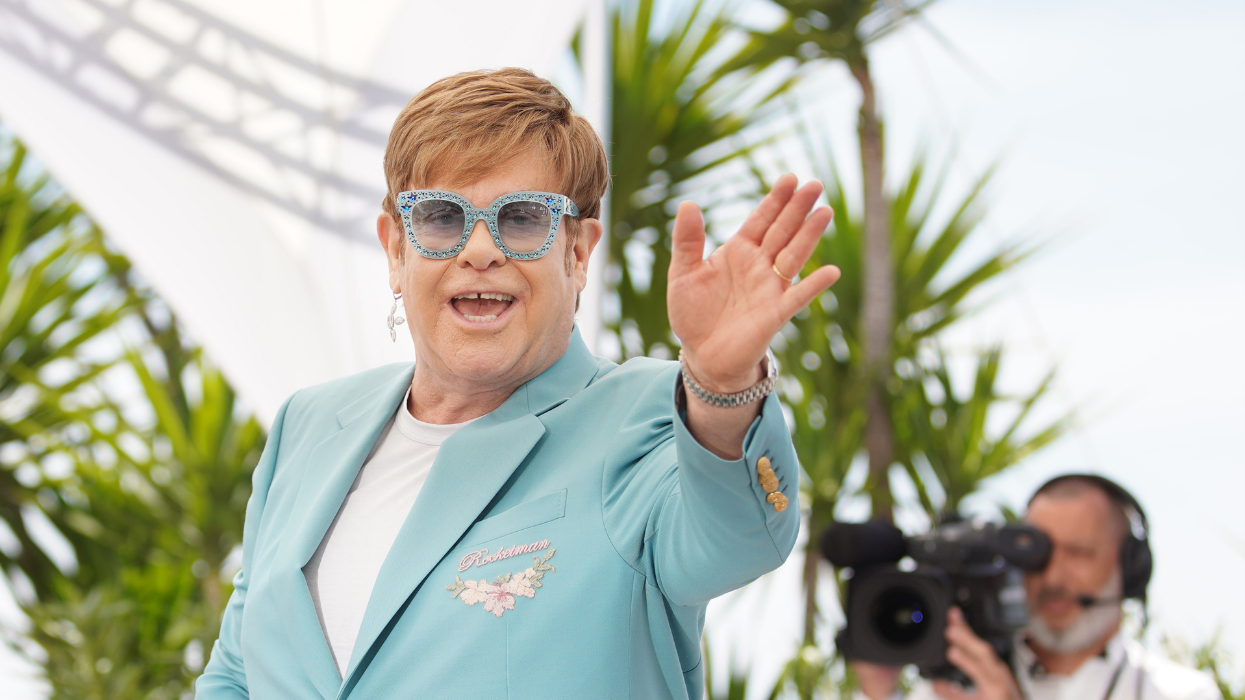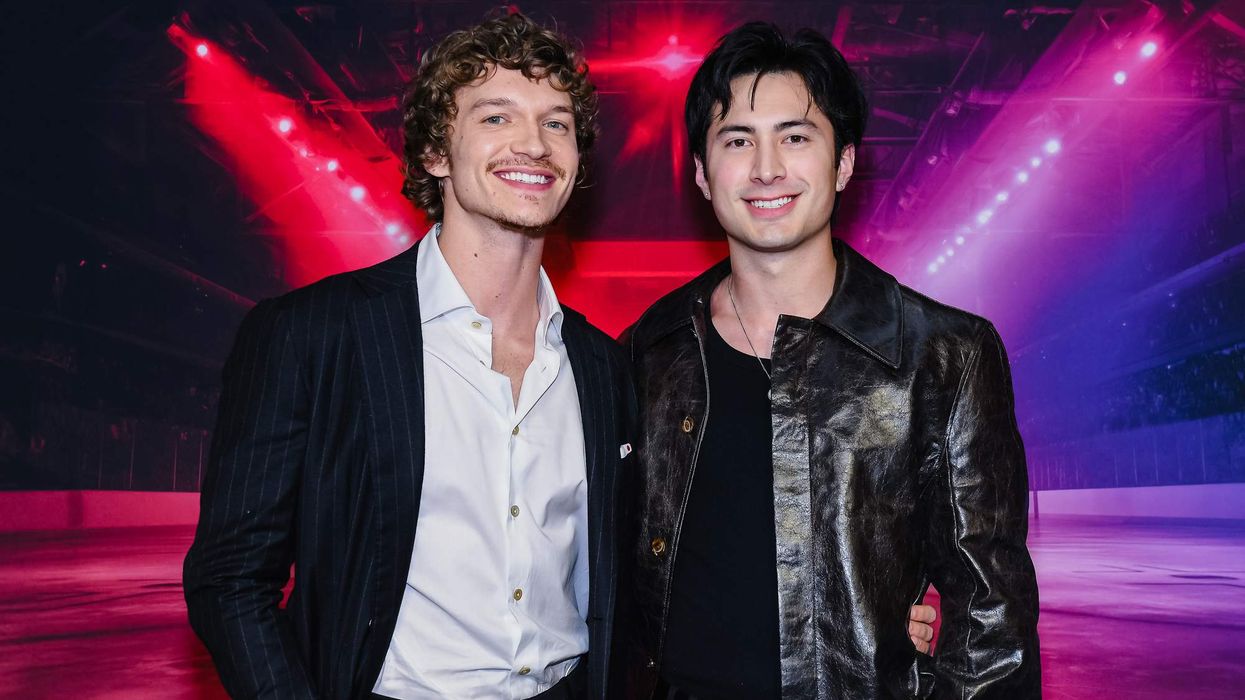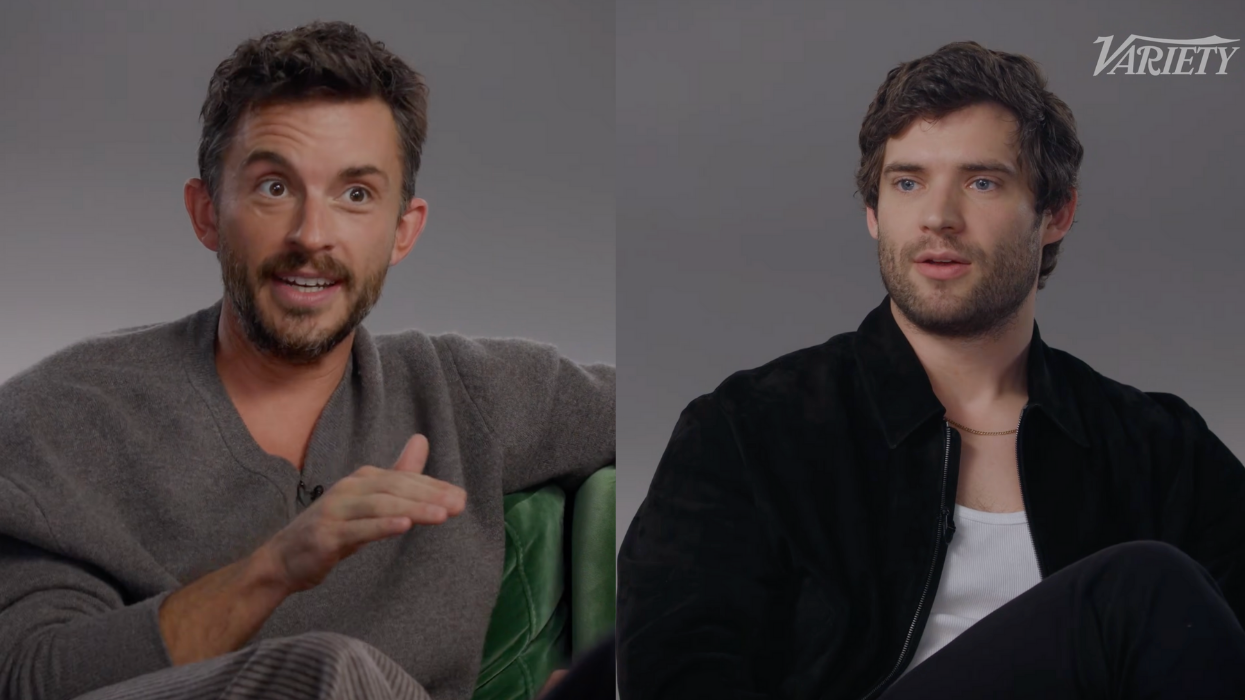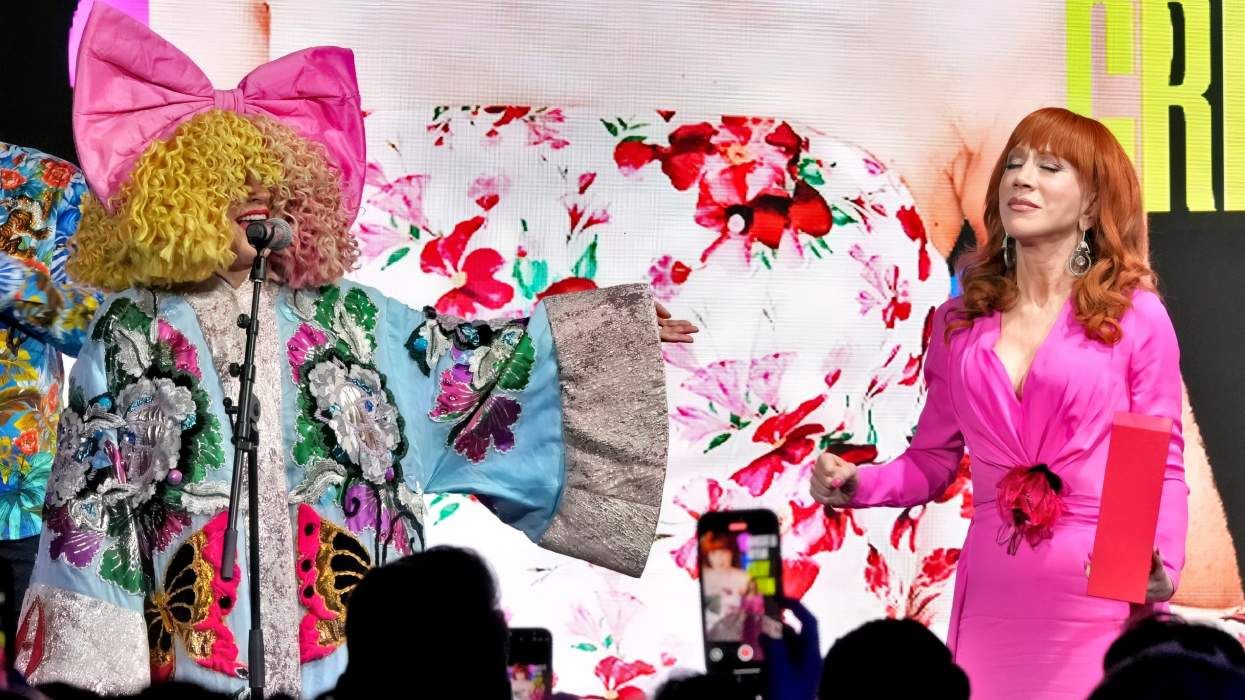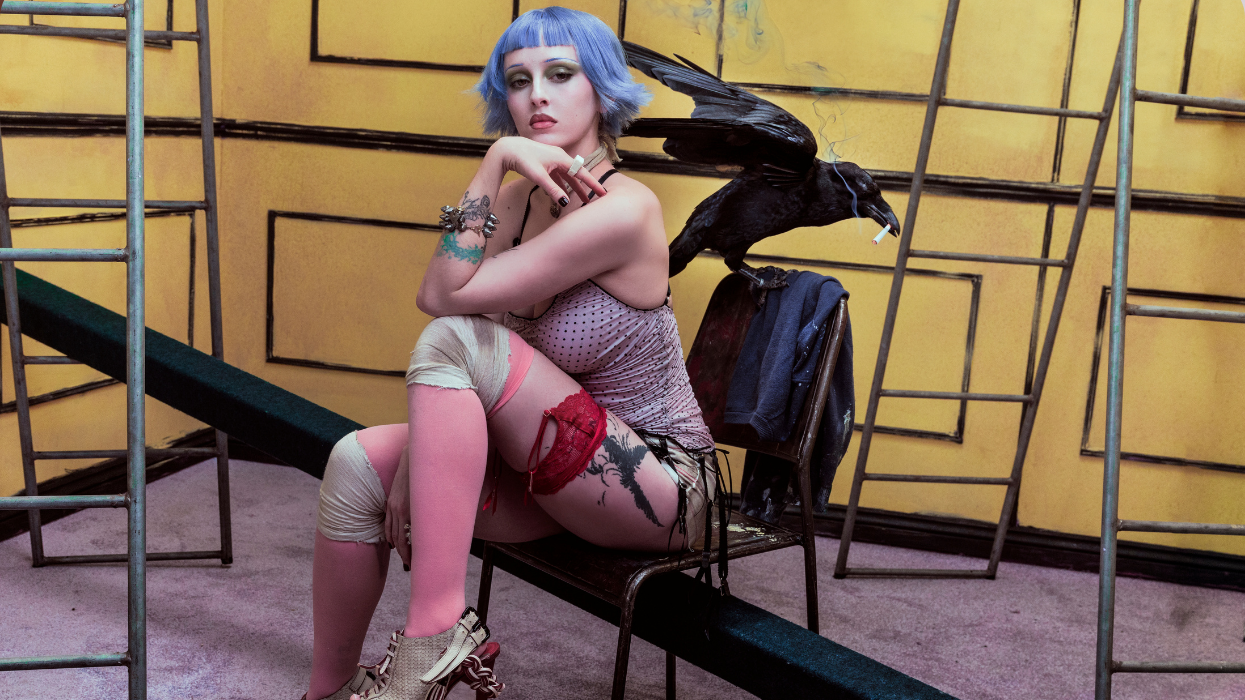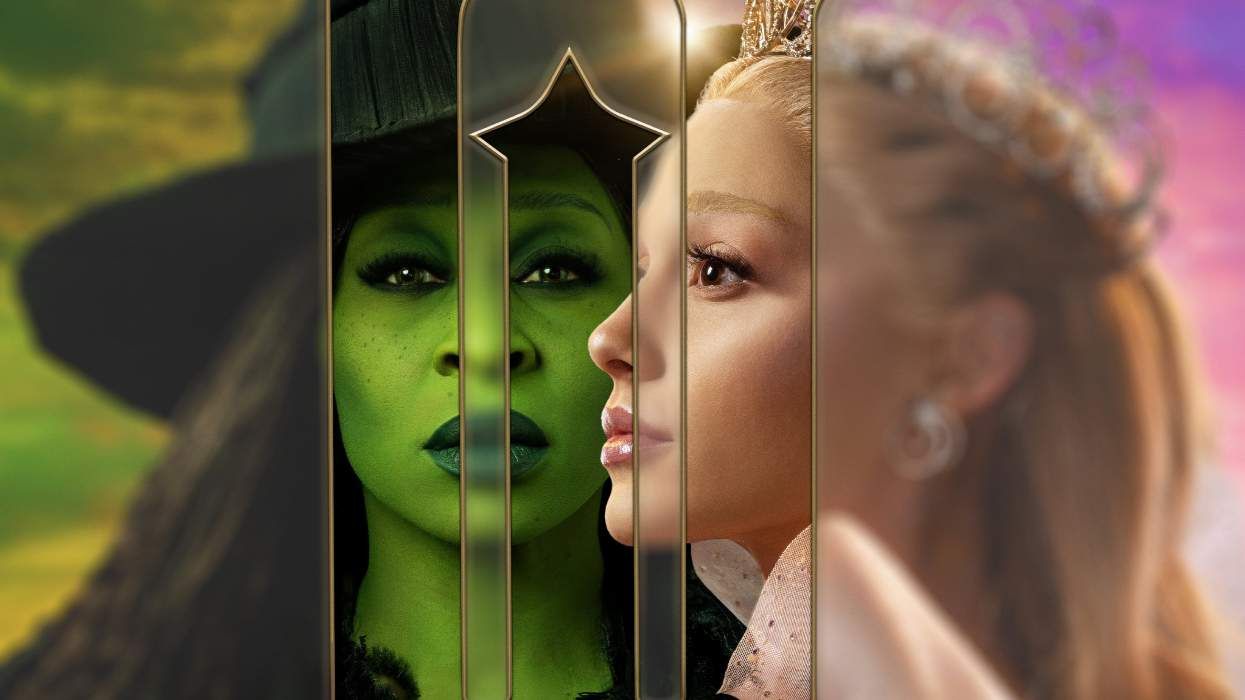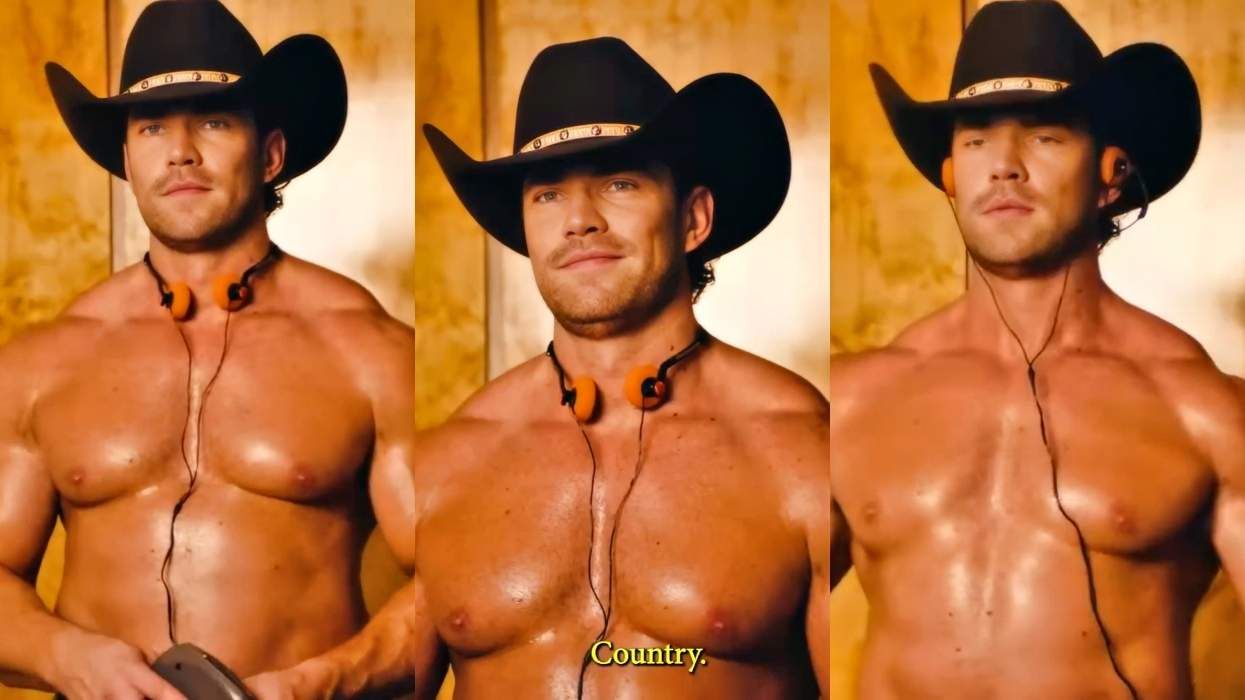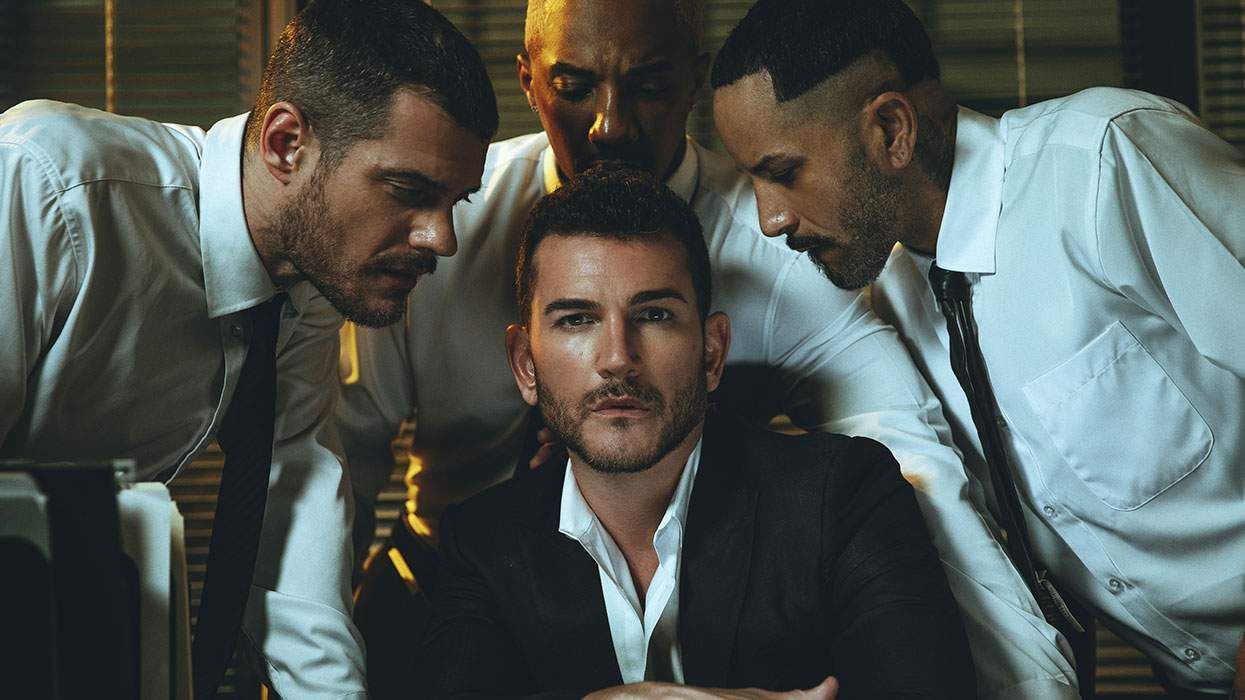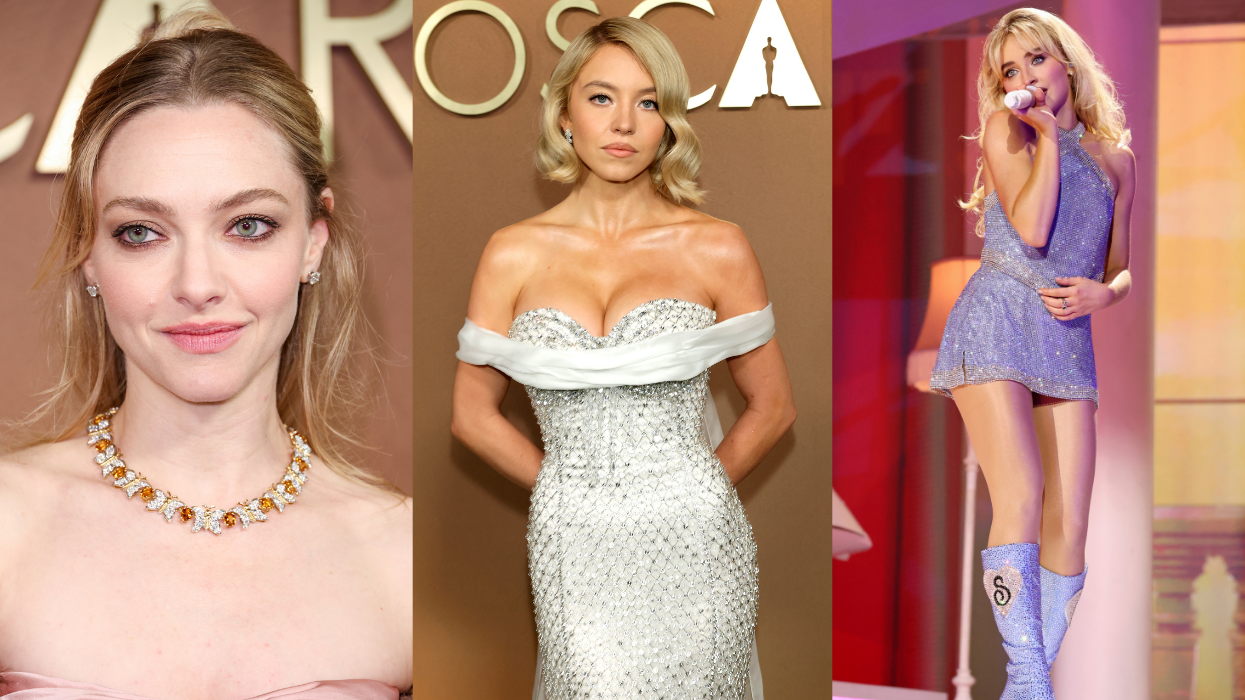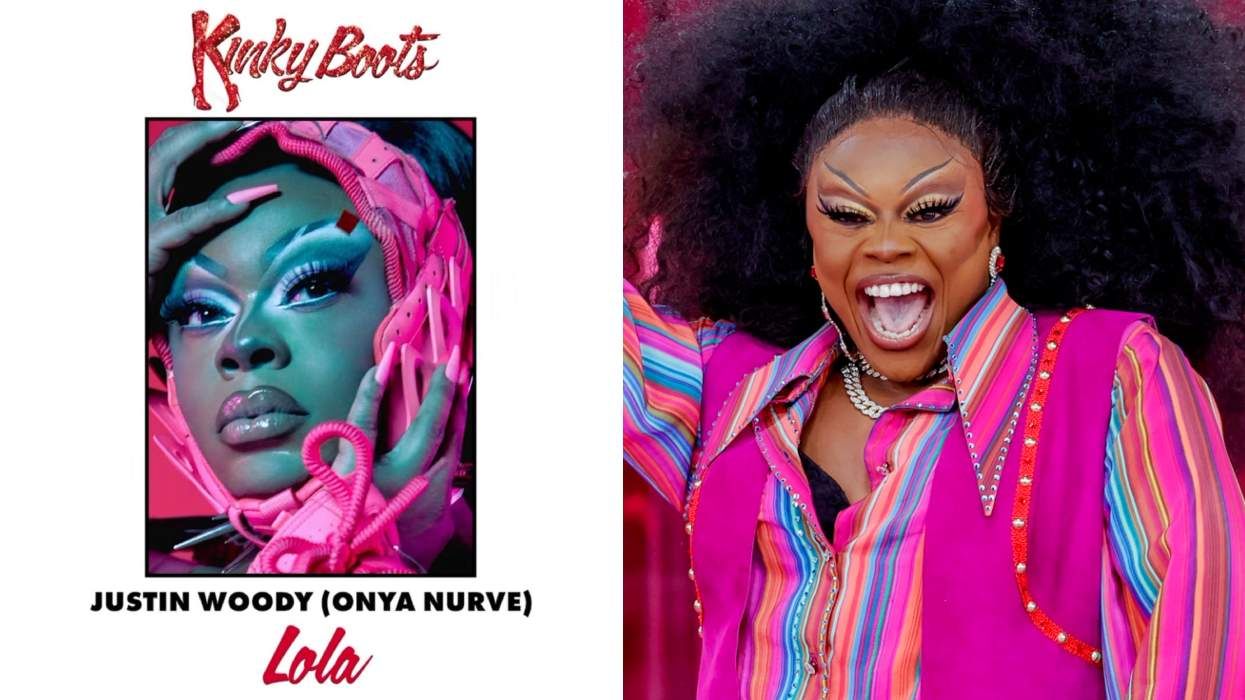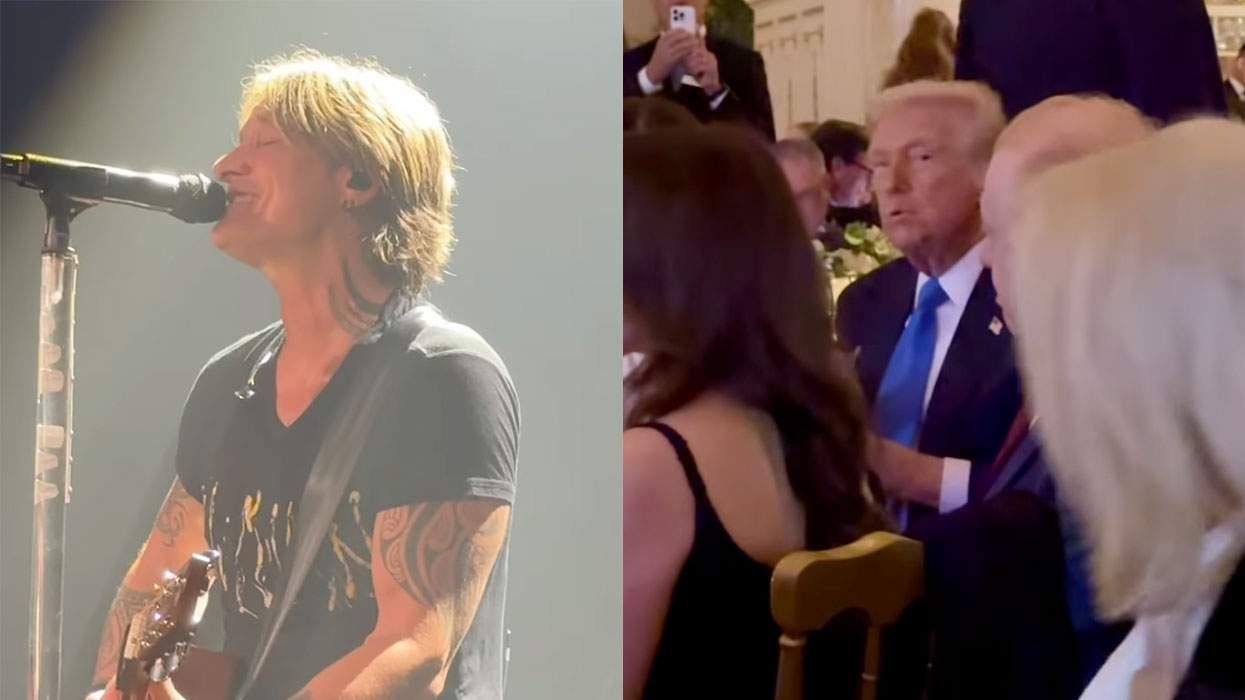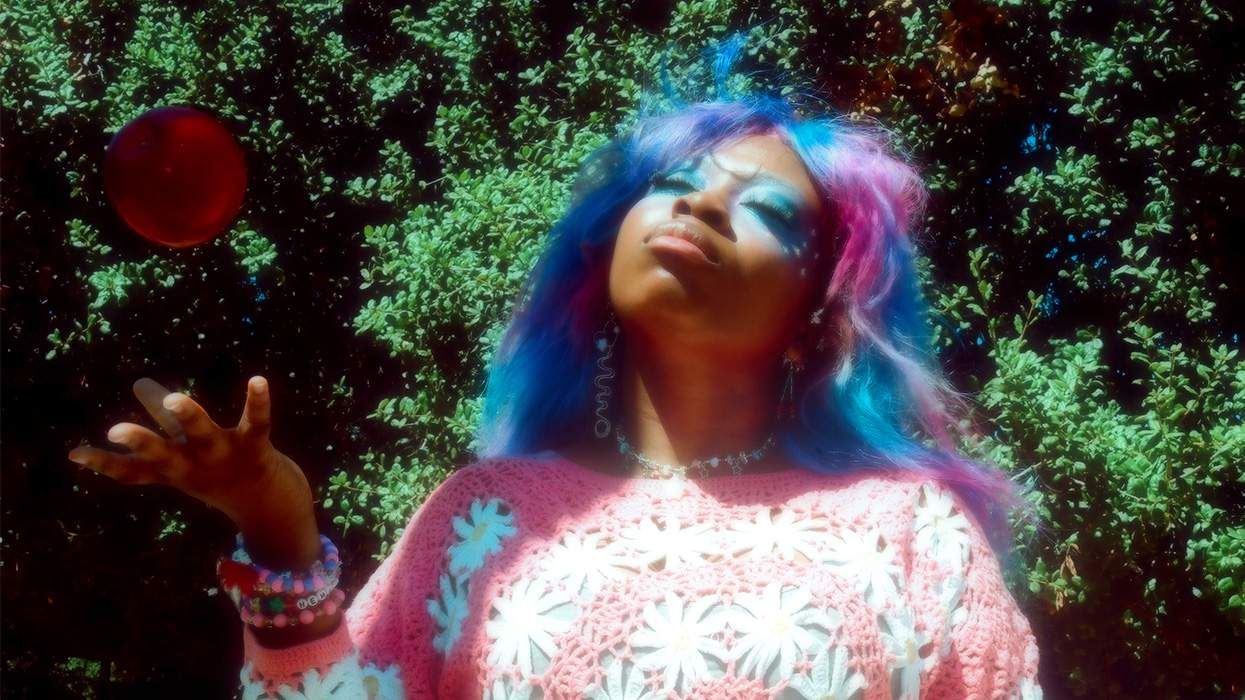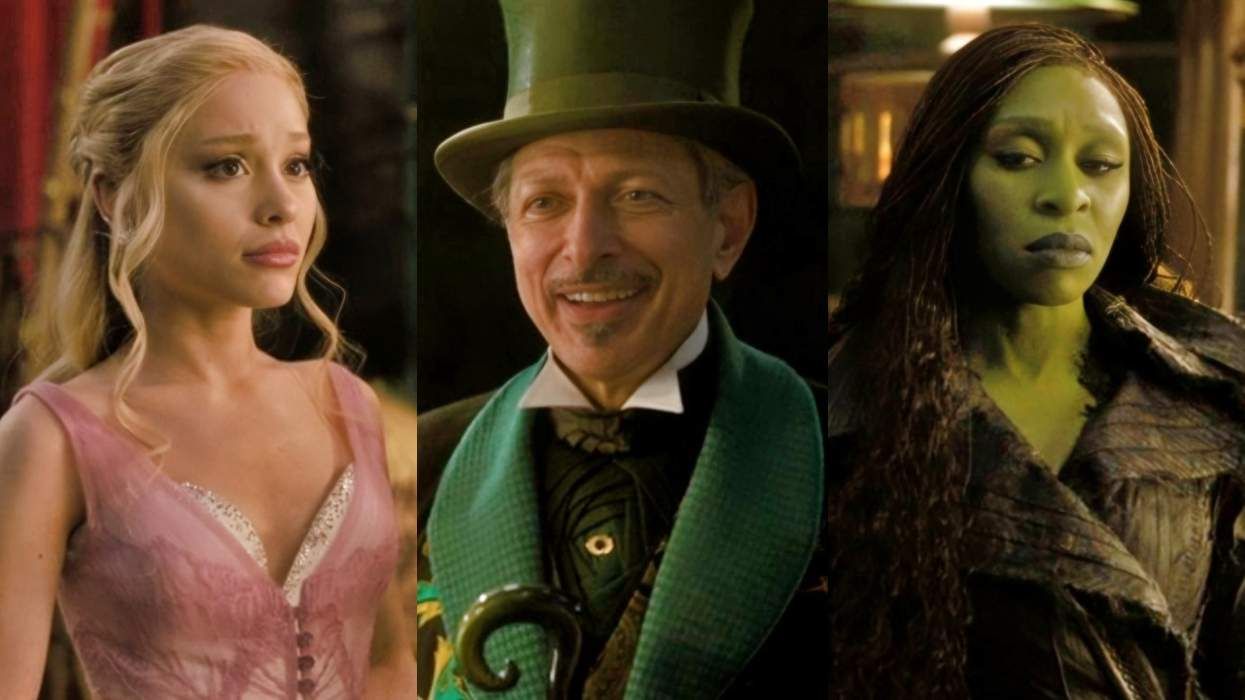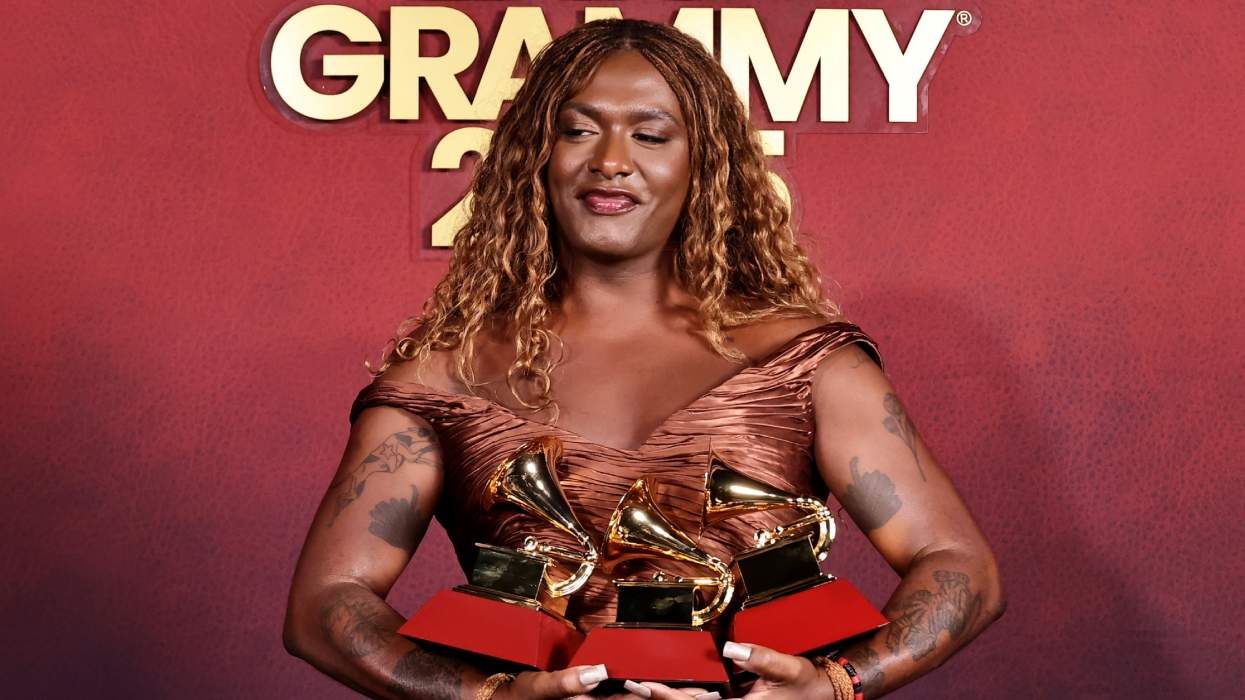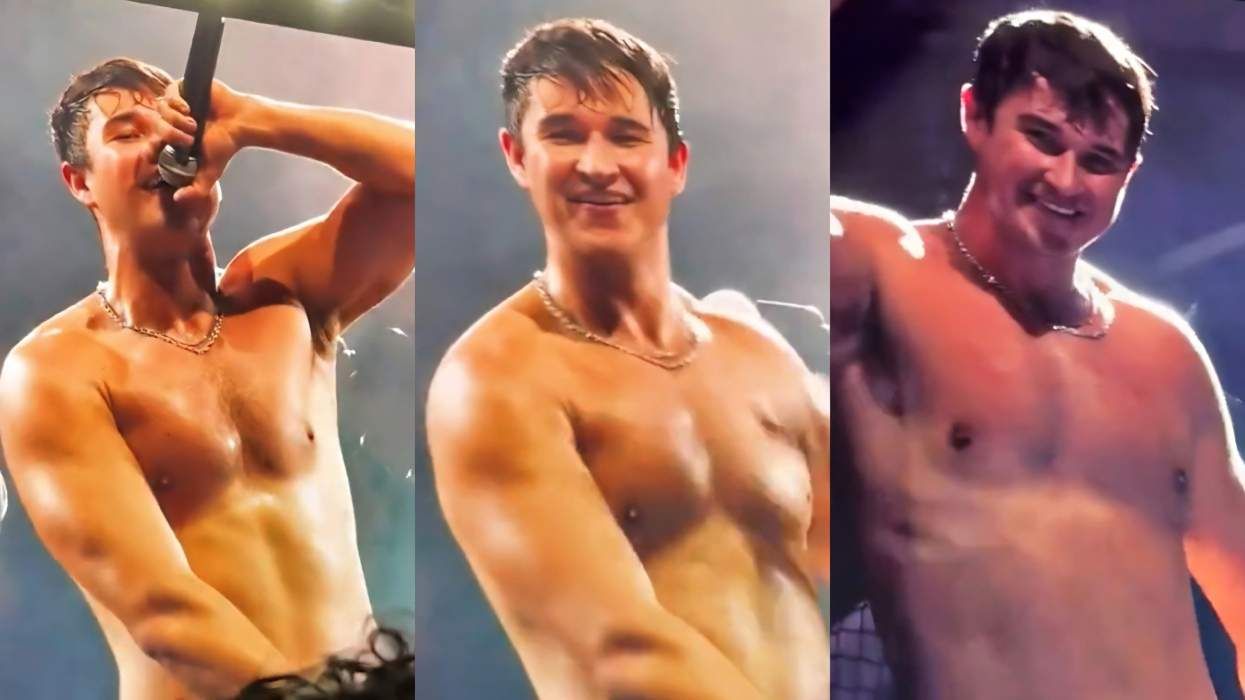"I don't really bring a list of policies. I go in and I do what I do. I am on stage, and I'll say, 'I want all the men to the back of the room and the women to the front. And now I want all the white women behind the women of color, and now we can start the show,'" queer singer Lido tells Out about her set, soon to be featured at the inclusive music festival Lightning in a Bottle. "People just don't like it. Mainstream communities, like liberal white people, don't want to be confronted with difficult issues and topics. They don't want to be questioned, in the arts community or the entertainment community, they want to see a show and have a good time, but they don't want to be reminded of the poor, the blacks, the indigenous."
Her approach to restructuring how music is not only heard but experienced has gotten audiences riled up. Even though people have accused her of reverse racism during shows, when it comes to performing authentically, she is not willing to compromise her voice.
"I don't really give a heads-up to the festival. I expect that they know who I am; you are inviting me, so you as the festival have to know what my politics are," Lido says, "I am not going to bend over for you, or switch my set because of you. You have me as your guest: you are expected to know what I am about."
She will, however, consider her safety before inviting the indigenous and women of color to the front of the crowd. "But I also don't do it all of the festivals. It depends on how safe I feel," she explains. "I'm a mother; I'm not about to put my life at risk either, so dangers are real. Threats are real. So I have to be very careful with the things that I say and how I do them."
At her core, Lido is about calling out the different levels of privilege we all experience, including the ways she is not marginalized where others are. She notes that "I have it way easier than a lot of folks in the LGBT community because I identify as a woman, and I pass as a woman, and no one questions my womanhood, no one questions my gender. When you identify as queer, you have this responsibility of using your platform and your privileges."
In Lido's eyes, she's using her platform to take on white supremacy, aware that it could cost her the next stage in her career. "The major festivals in music are supported by white supremacists, like Coachella for example. If I get invited to play at Coachella, that would be a big milestone in my career, so I have to know if that's what I want to do."
However, Lido acknowledges that the ability to say no based on your values takes a deep safety net. She sometimes questions how to advance to the next level of her career while still making it truly hers. "Because I also don't have a lot of financial or generational wealth in my life to reject a lot of the shows, right? So I have to be realistic in my own persona, and maybe I will perform the show, but I know that there are so many ways I can use the money to help my community," she explains. "If I get more visibility, and if someone like myself who has a very clear political agenda, or political views, or whatever you want to call it, someone like me gets mainstream recognition, it is a good thing I am performing there."
However, sticking to her values seems to be the road Lido finds herself most easily on. "If I see that I am getting booked at a festival or event and I know that the bands that are playing before or after me are a bunch of sexual predators, I'll say it's either them or me," she asserts, looking forward to playing Lighting in a Bottle which takes place May 24 - 27 in Lake San Antonio. She doesn't think her strong message against racial inequality will be questioned. "You don't accidentally book me."


